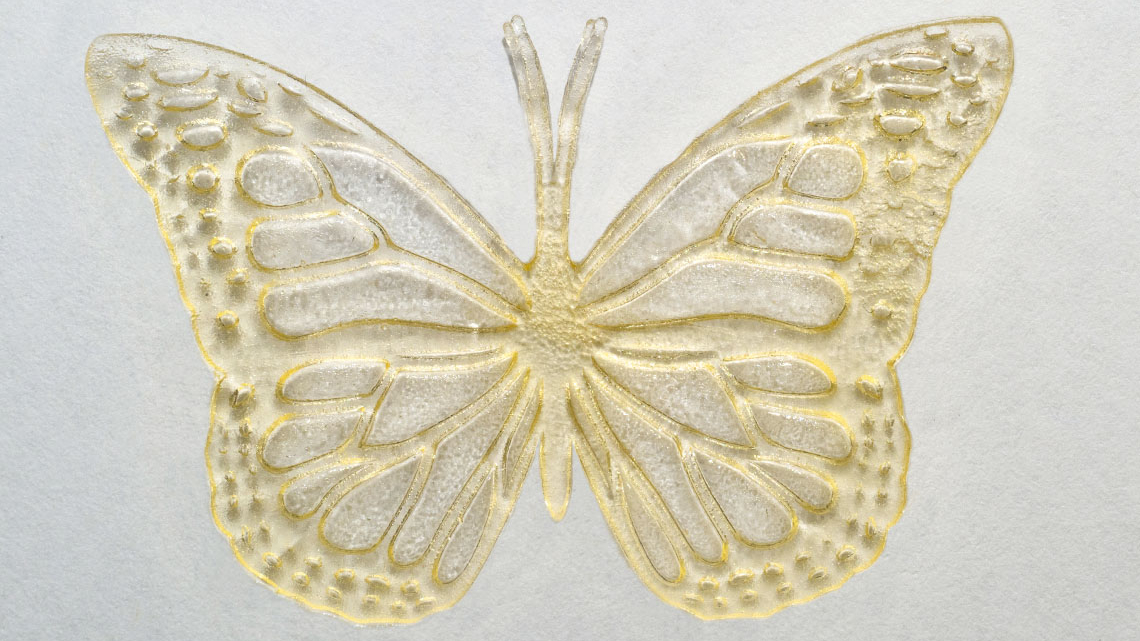3D printing could be as cheap as chips thanks to McDonald’s
Waste cooking oil is the key to much cheaper high-resolution 3D printing?

Resins for 3D printers can be expensive, but a novel and environmentally-friendly method of reusing cooking oil could be a potential avenue to make resins much cheaper.
Researchers at the University of Toronto Scarborough came up with the brainwave of using waste cooking oil, which they managed to get hold of courtesy of McDonald’s.
- 3D printing could benefit hugely from recycled plastics
- This is the world’s largest 3D-printed house
- These are the best 3D printers of 2020
The initial idea came from Professor Andre Simpson, director of the Environmental NMR Centre at the university. Simpson acquired a 3D printer a few years back to be used in the lab for building custom parts that keep organisms alive inside of an NMR (nuclear magnetic resonance) spectrometer.
Commercial costs
The commercial resin required for such high-precision 3D printing was pretty expensive, as you might imagine, which led Simpson to mulling over alternatives – like cooking oil.
Simpson observed: “We found that McDonald’s waste cooking oil has excellent potential as a 3D printing resin.”
Treating a liter of (filtered) used cooking oil with a chemical process produced some 420 milliliters of resin, and that resin was then used to 3D-print a plastic butterfly which was both structurally and thermally stable (with detailing down to the 100 micrometer level).
And the cost of this novel new resin? It could possibly be produced for as little as $300 per tonne, compared to the aforementioned conventional high-resolution resins which can cost in excess of $525 per liter.
Sign up to the TechRadar Pro newsletter to get all the top news, opinion, features and guidance your business needs to succeed!
As well as a highly affordable solution for resins, this represents another good reason to recycle cooking oil, rather than having it potentially causing environmental problems – like blocking up sewer pipes if it’s put down the drain.
Via CNN Business
Darren is a freelancer writing news and features for TechRadar (and occasionally T3) across a broad range of computing topics including CPUs, GPUs, various other hardware, VPNs, antivirus and more. He has written about tech for the best part of three decades, and writes books in his spare time (his debut novel - 'I Know What You Did Last Supper' - was published by Hachette UK in 2013).